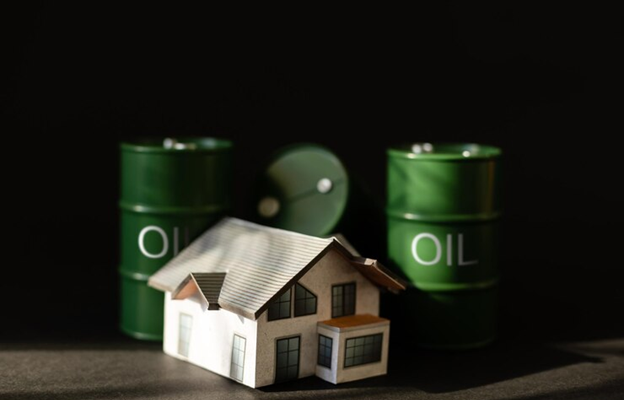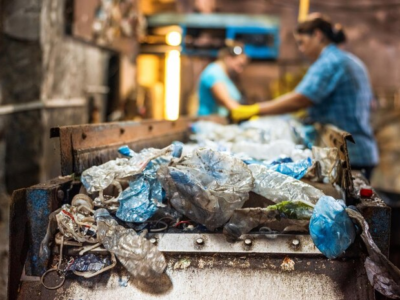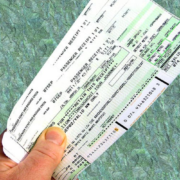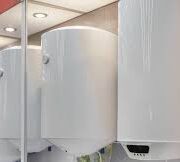As a fossil fuel, heating oil is commonly used in many households in the colder season when the climates are cold. However, managing heating oil safely and efficiently is not a task that ends with the refueling of the tank. It involves learning the fundamental concept of preservation, and upkeep, and incorporating fire detection tools to preserve your house.
Heating oil consumption is a daily and sometimes a continuous need in most homes or commercial buildings and this article is useful in outlining some of the main things to consider while conducting this process to get the best results and safety. To learn more in detail, keep reading till the end.
1. Safe Storage Solutions for Heating Oil
Responsible storage of heating oil is very important for the precaution and prevention of eventual leaks and spillages that could result in bad impacts on the environment and, perhaps, fires. Make it a point to use an authorized tank for your heating oil and make sure that the tanks meet these standards. Some aspects of storage tank maintenance are as follows: The tank should be checked periodically for any signs of corrosion and damage, and all damages should be repaired right away. In some cases, proper positioning of the tank plays a role, therefore, putting the tank in an area that has a lot of ventilation away from heat and sunlight reduces risks.
2. Regular Maintenance of Heating Systems
When it comes to heating oil systems, it is imperative to have them maintained and serviced to avoid future possible risks. Professional maintenance should involve testing for leaks, blockages, and conditions requiring repairs of some parts or components annually. However, to increase efficiency by reducing fuel consumption and costs, routine maintenance is essential, and it may also detect potential dangers in operation, which may lead to emergencies.
3. Incorporating Fire Protection Equipment
Heating oil involves risks such as fire outbreak and hence proper management of fire is among the best practices to follow. Proper fire protection equipment in homes involves having the right detection systems, which include smoke detectors, carbon monoxide detectors, and fire extinguishers, installed to boost home protection.
There should be stationing or installation of fire extinguishers in areas close to the heating oil tank and furnace. Make sure that smoke and carbon monoxide detectors are placed on each story of the house and better check them frequently to make sure they work correctly.
4. Efficient Heating Practices
Measures to preserve heating oil include using proper methodologies of heating and minimizing the expenses that may be incurred in the process. Install timers on heating systems to control the periods for when the heaters are active and when they are off.
Ensure that your house is well insulated to avoid heat gain or loss, and hence maintain upright indoor temperatures. Measures as basic as how to prevent cold air from coming in through the window or under the doors can still improve the heating and therefore lessen the consumption of heating oil.












